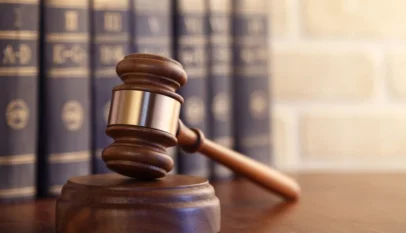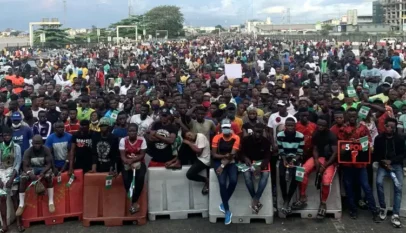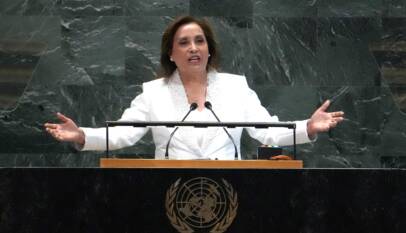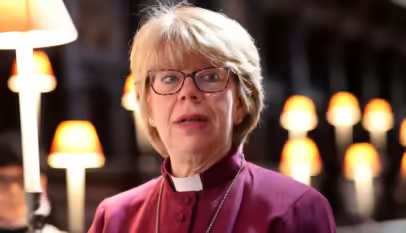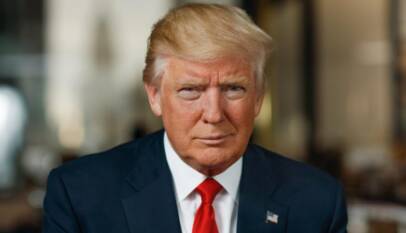by Deborah Nnamdi
The World Health Organization (WHO), on Tuesday formally adopted a historic Pandemic Agreement aimed at strengthening the global response to future health crises. The decision follows more than three years of negotiations prompted by the shortcomings exposed during the Covid-19 pandemic.
The agreement seeks to avoid the fragmented and chaotic response that marked the early stages of the Covid-19 outbreak. It focuses on improving international coordination, disease surveillance, and equitable access to vaccines and treatments during future pandemics.
The plan was officially approved at the WHO’s annual decision-making assembly in Geneva. “It’s a historic day,” WHO Director-General Tedros Adhanom Ghebreyesus told AFP following the vote. He praised the agreement as “a victory for public health, science, and multilateral action,” saying it would help protect the world from future pandemic threats.
The final draft of the agreement was reached last month through consensus, after numerous rounds of intense negotiations. The United States withdrew from the talks after former President Donald Trump began the process of pulling the U.S. out of the WHO — a withdrawal that takes a full year to complete.
The agreement lays the foundation for improved global cooperation in detecting and addressing pandemics, particularly by ensuring fairer distribution of medical tools. It was shaped by tensions between wealthy and developing nations, as many poorer countries were left without timely access to Covid-19 vaccines.
A key component of the accord is the Pathogen Access and Benefit-Sharing (PABS) mechanism, which is still under development. This system will govern the sharing of information and samples of potentially dangerous pathogens, along with the fair distribution of resulting vaccines, treatments, and tests. Countries have until May 2026 to finalize this mechanism.
For the agreement to come into effect, at least 60 countries must ratify it.
South Africa’s Precious Matsoso and France’s global health ambassador Anne-Claire Amprou co-chaired the negotiations. Addressing the assembly, Amprou emphasized that the agreement is designed to be both robust and respectful of national sovereignty. “In a time of rising geopolitical tensions and global uncertainty, this agreement proves that unity is still possible,” she said.








